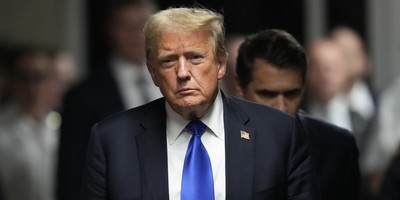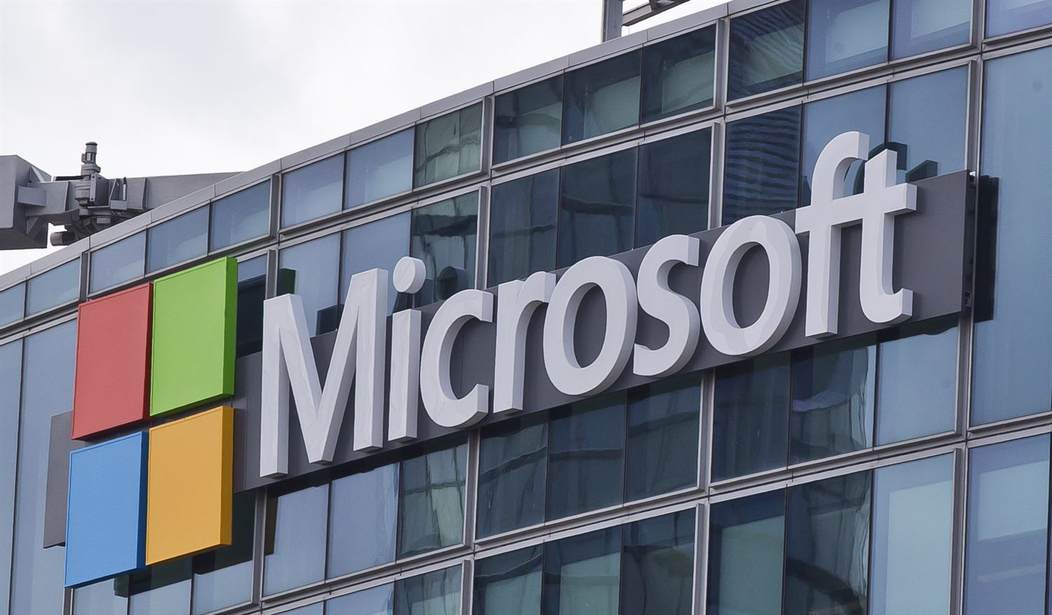One can largely attribute the underdevelopment of Europe’s tech sector to the hyperactivity of its continental regulators. Such restrictive measures as the General Data Protection Regulation (GDPR) have stifled innovation, trapping entrepreneurs in a morass of compliance burdens and official scrutiny. Moreover, European Union (E.U.) lawmakers and officials codify and enforce crushing antitrust policy that, until lately, American policy makers eschewed.
America’s comparatively deregulated tech industry has bred giants. At this article’s drafting, America’s so-called “Big Four” tech firms – Google parent company Alphabet, Amazon, Apple, and Microsoft – alone enjoyed a combined market capitalization of more than $8.51 trillion. Conversely, venture-capital firm Atomico reported in December 2022 that the European tech sector’s total value stood at $2.7 trillion. The market cap of ASML, the Dutch semiconductor firm that leads Europe’s tech sector, reaches just $264 billion – just a fifth of the value of Amazon, the smallest of the Big Four.
The latest strike in the Europeans’ anti-tech crusade targets Microsoft. E.U. regulators suspect absurdly that the company’s decision to add its communications app, Microsoft Teams, to its hallmark Microsoft 365 suite could threaten competition. “The Commission is concerned that Microsoft may be abusing and defending its market position in productivity software by restricting competition…for communication and collaboration products,” the European Commission said in a press release.
The Commission frets further that Microsoft may have limited its products’ interoperability (a product’s ability to work fully with a product made by a competitor). In short, Microsoft’s alleged crimes consist of bundling together two wildly successful products and innovating proprietary features that, when used simultaneously, enhance the consumer experience.
Recommended
The case against Microsoft seeks to benefit competitors rather than competition. In 2020, Slack, whose communications application competes with Teams, sued Microsoft, initiating the current debacle. Teams appears to have outcompeted Slack, and the losing firm shifted their rivalry from the market to the legal system. Note that all users remain perfectly free, of course, to download Slack and to use it, rather than Teams, alongside Microsoft 365 products.
E.U. regulators focus myopically on enforced interoperability’s benefits, yet they ignore its costs. It incentivizes would-be innovators to produce homogenous products that resemble the technological status quo. Moreover, like any regulatory burden, it often imposes compliance costs that further hamper industry and experimentation.
Absent interoperability mandates, companies may innovate freely and develop ecosystems with novel, useful features and enhanced functionality and security. For example, the components of Apple’s often-non-interoperable ecosystem – including operating systems, proprietary applications, accessory devices, etc. – function optimally and more securely when used in concert. Many customers choose Apple products specifically to enjoy this ecosystem effect, in which the whole’s functionality exceeds the sum of its parts. Users who prefer instead to maintain multiple tech ecosystems – like pairing an iPhone with a P.C. or a Fitbit watch – may do so.
Markets can weigh such tradeoffs far better than hyperventilating regulators with notions about competitive fairness. “If there are benefits to making your product interoperable with others that outweigh the costs of doing so, that should give you an advantage over competitors and allow you to compete them away,” writes Sam Bowman, a founding editor at Works In Progress. “If the costs outweigh the benefits, the opposite will happen—consumers will choose products that are not interoperable with each other.”
E.U. regulators in 2009 sued Microsoft for promoting the default use of Internet Explorer, the PC’s dearly departed native web browser. However, despite regulators’ fears, Internet Explorer’s end came not from the concessions regulators extracted from Microsoft but rather the superiority of competing web browsers. None of Microsoft’s nudging – fair or otherwise – could persuade consumers to prefer a subpar product to Google Chrome, Mozilla Firefox, or Apple’s Safari. Likewise, Teams’ overwhelming popularity stems primarily from its utility, and that popularity depends entirely on it continuing to outpace competition.
The E.U. seems intent on tightening its regulatory grip with such measures as the Digital Markets Act and the Digital Services Act. It prefers to handicap American tech firms rather than energizing its own lethargic tech sector through deregulation. American lawmakers’ recent envy of shoddy European policies will do their constituents no good. Voters ought to hear the phrase, “It’s so European!”, as a dire warning – not an endorsement.
David B. McGarry is a policy analyst at the Taxpayers Protection Alliance.

























Join the conversation as a VIP Member